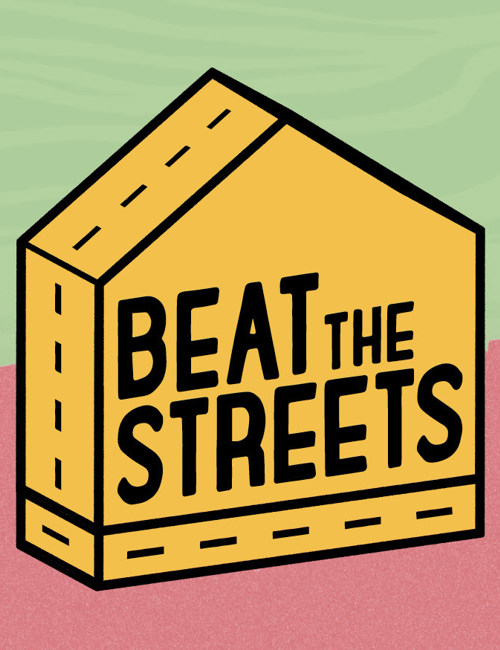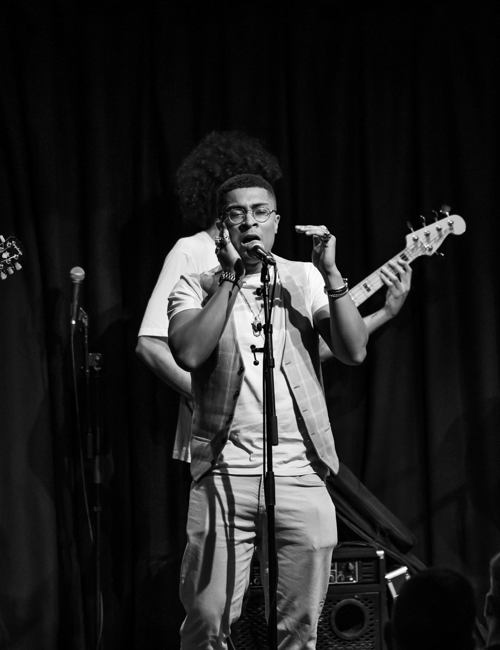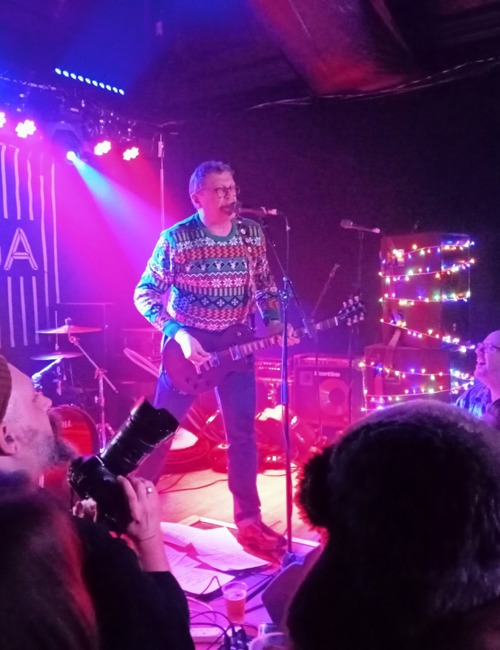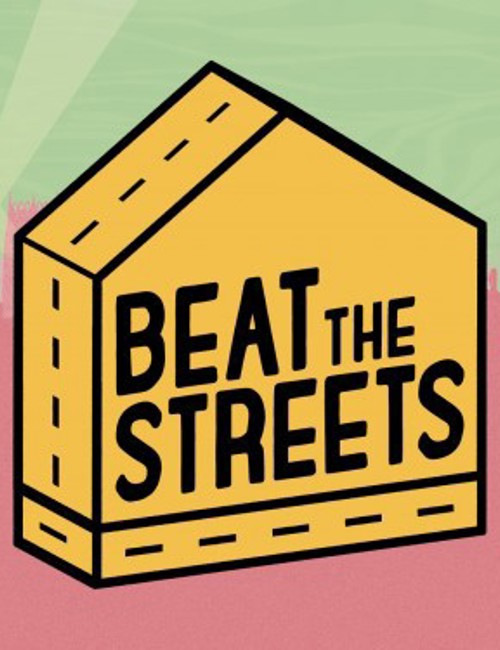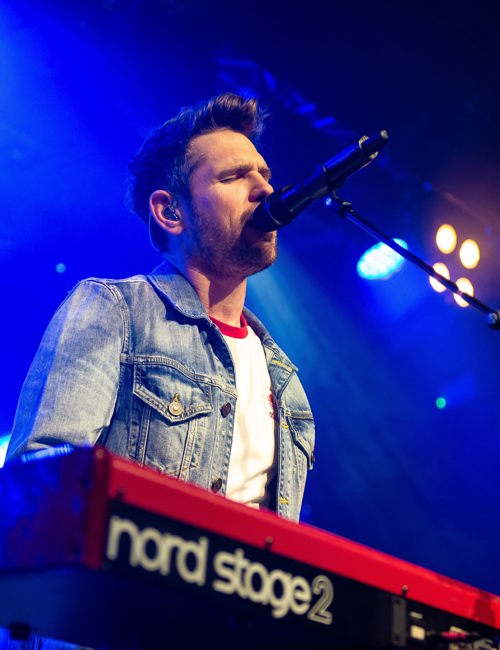Earlier this month, Ria Serena dropped in to Rough Trade for a special event with a man who is described by some as one of the greatest musicians of the 20th century. Best known as a founding member of Sonic Youth, Thurston Moore captivated the audience with his tales of the avant-garde music scene...

Known for his ventures into the avant-garde and his collaborations with niche musicians such as Noise music’s very own Merzbow – it’s fair to say that Thurston Moore’s influence is off the charts. This is a man who has experienced the depths of the art-rock scene that New York has to offer, indulging himself in the likes of No Wave artists such as Glenn Branca and James Chance… As a result, the discography he has amassed is incomparable, experimenting in the most innovative ways to create a rather distinct harsh noise that we associate so greatly with his and Sonic Youth’s brand as a whole.
However, all this came into question, when I was finally met with the man while he was promoting his new memoir Sonic Life. Cutting a more sophisticated sort of figure, it’s hard to believe at first sight that this was the guy responsible for the infamous Nardwuar interview or the man culpable for some of Sonic Youth’s most boisterous hits. Yet even so, that distinctive voice and looming height made sure that we could never mistake the man for being anyone but himself. Here we were met with a wiser, more stripped-back version of Moore; a far-cry from his wild youth (high-speed car chases and breaking and entering)… This was a man who had done everything: from fulfilling his teenage dream of performing with Iggy Pop, to his escapades with fellow band Swans, to a burgeoning friendship with folk legend John Fahey.
So what do you do once you’ve done it all? Well, you write a memoir! It is important to note that we were here for Moore’s conversation, hosted at Rough Trade, an intimate crowd of less than 100 people. Looking around you could see the main clientele for which Moore had an influence upon: the crowd predominantly consisting of middle-aged men decked out in their old vintage ‘cool uncle’-esque band tees…one of them was wearing a Mudhoney top.
Then it hit me –I was surrounded by other music fanatics, who, unlike me, had actually lived at the time when Sonic Youth were just starting out. The crowd was also littered with the odd angsty 20-something-year old: people like me, just starting to bury themselves head-first into all of Moore’s discography to find something that would mark their descent into adulthood and responsibility (one need only look to Sonic Youth’s most famous song, Teen Age Riot).
This is a man who knows music

Sonic Life explores the intricacies of Moore’s childhood and the experiences he endured that effectively solidified his career as the music maestro of the DIY, avant-garde scene. Moore uses this memoir as a vehicle to depict himself through his obsessive relationship with music. It allows for him to reflect on his influences, going into great detail on what catalysed his catapult into indie-rock stardom.
That being said, the memoir also serves as a time capsule, embedded with personal anecdotes such as Moore delving into his close friendship with his friend Harold, who accompanied him on his first outings to CBGB (during the Q&A, he cites this hetero-gay friendship between him and Harold as playing a significant role in his formative years). Moore recalled that his school bullies couldn’t comprehend a person quite like Harold – throwing him to the ground like they were throwing his music magazines to the ground… and for Moore, this friendship with Harold really ended up shaping him.
Moore also spoke about Sonic Life acting as this prism of music for him, both as a fan and a performer, which in turn, captured his interest in music from an early age. As a bit of a music junkie myself, it was met with great pleasure and enthusiasm to hear Moore tell anecdotes about his time and experience, but also his appreciation of the 70’s New York Punk Scene – Glenn Branca having helped teach him guitar! His infatuation with other No Wave artists, such as Lizzy Mercier Descloux, Tom Verlaine (Television) and Teenage Jesus and the Jerks, does not go unnoticed, even recalling an early Suicide gig he had attended.
Moore proceeded to talk about the final chapters of his book: "the eternal" being its final word (a nod to Sonic Youth’s last album) – a fitting term describing Moore’s impact on the alt-rock scene being truly everlasting; his indelible mark on music being truly permanent.
All in all, it’s fair to say that for any music fanatic, seeing the man who helped cultivate hits such as Schizophrenia and Diamond Sea would be a surreal experience… Still being enshrouded in this air of mystery when it came to his personal life, I felt my encounter with Moore allowed for taking a glimpse into his musical mind – seeing what made his brain itch, and what influences he sought to cultivate his own career. It was entirely refreshing to hear a whole catalogue of inspirations, Moore still retaining this youthful musical optimism when addressing some of his musical greats.
This is a man who knows music, and his infatuation with the craft is what has solidified him as one of the greatest musicians of the 20th century.
Thurston Moore appeared at Rough Trade on 8th May 2024.
We have a favour to ask
LeftLion is Nottingham’s meeting point for information about what’s going on in our city, from the established organisations to the grassroots. We want to keep what we do free to all to access, but increasingly we are relying on revenue from our readers to continue. Can you spare a few quid each month to support us?
